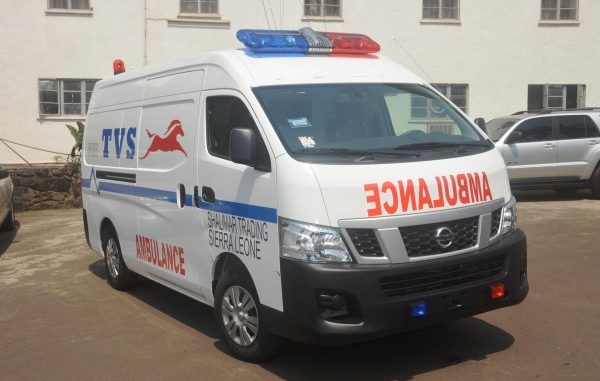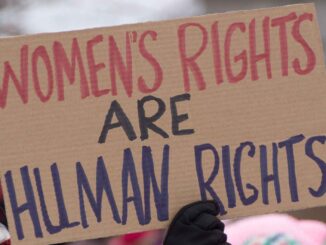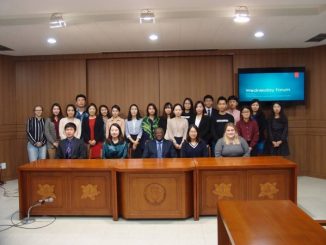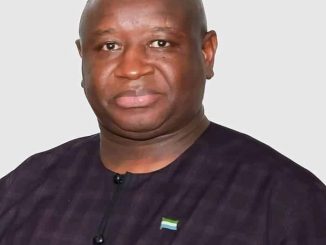
 This community was one of the hardest hit in the district: you quickly come across orphaned children, widowed women and men, and parents who have lost sons and daughters. Almost the entire town, seemingly picturesque at the base of a local hill, has been through Ebola quarantine measures. Crops have been left in the fields to rot.On Saturday 14 February 2015 we visited the village with a team of social mobilizers, seven in all, including two staff from UNICEF. When Ebola first struck here on 10 October last year widespread denial and certain traditional practices fueled its spread. But it did not take long for us to realise that we were now talking to converts: the residents of Komendeh, around 1,200 people, learned about Ebola safety the hard way. Before Ebola could be contained, the community witnessed 42 infected cases (6 males and 36 females), with 31 deaths and only 11 survivors.
This community was one of the hardest hit in the district: you quickly come across orphaned children, widowed women and men, and parents who have lost sons and daughters. Almost the entire town, seemingly picturesque at the base of a local hill, has been through Ebola quarantine measures. Crops have been left in the fields to rot.On Saturday 14 February 2015 we visited the village with a team of social mobilizers, seven in all, including two staff from UNICEF. When Ebola first struck here on 10 October last year widespread denial and certain traditional practices fueled its spread. But it did not take long for us to realise that we were now talking to converts: the residents of Komendeh, around 1,200 people, learned about Ebola safety the hard way. Before Ebola could be contained, the community witnessed 42 infected cases (6 males and 36 females), with 31 deaths and only 11 survivors.
We asked community leaders in Komendeh how they had extinguished the fire. They said they had implemented four key actions. Firstly, with support from WHO, they established three dedicated quarantined homes – one for those who had washed the infected corpse which initially provoked the outbreak, a second for those who had visited the home of the initial deceased case, and finally the quarantined home of the first Ebola victim. In addition, they banned movements to and from the community, enforced hand washing, and made sure everyone stopped hiding the sick and washing dead bodies.
Kenema District, on the border with Liberia, was the second to record cases of Ebola in Sierra Leone. Now it has been more than two weeks since the last case was recorded (as of 18 February 2015). As co-lead of the social mobilization pillar in Sierra Leone, UNICEF is working hard to make sure districts like this stay at zero weekly cases, while outbreaks elsewhere are mopped up. Social mobilizers are key to this process.
The people of Komendeh Luyama are quick to answer our questions: “We will continue to keep the by-laws and will not go back to business as usual,” they assure us. But for behaviour change to stick, there is need for regular reminders. That is why we are going around the former hotspots to make sure no-one is dropping their guard.
Frederick Bobor James is a Programme Communication Specialist.




